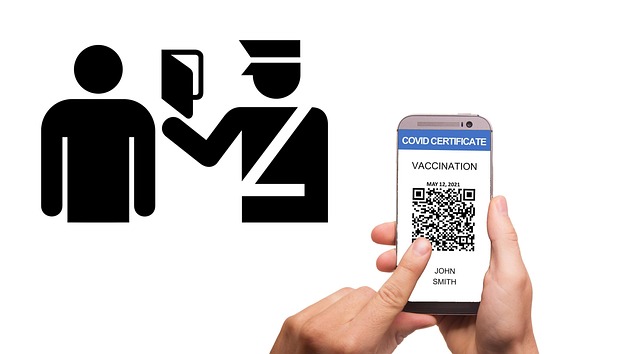Understanding the Vital Role of Stool Examination in Modern Diagnostics
When it comes to health, many of us focus on visible symptoms or blood tests, often overlooking a simple yet powerful diagnostic tool: stool examination. This method, although not the most glamorous topic, is essential in uncovering clues that can lead to accurate diagnoses and effective treatments.
The Unseen Window into Digestive Health
Our digestive system is a complex ecosystem, and stool acts as a direct reflection of its state. By analyzing stool samples, healthcare professionals can detect the presence of infections, parasites, digestive disorders, and even certain cancers. This simple examination offers insights that are sometimes impossible to glean from external symptoms alone.
Why Stool Examination Matters in Diagnostics
- Detecting Infections: Stool samples can reveal harmful bacteria or viruses that cause gastrointestinal symptoms like diarrhea or abdominal pain.
- Identifying Parasites: Parasite infestations, common in many parts of the world, often go unnoticed until detected through stool analysis.
- Monitoring Digestive Disorders: Conditions such as inflammatory bowel disease (IBD) or malabsorption syndromes can be tracked through changes in stool composition.
- Early Cancer Detection: Some stool tests help identify hidden blood, a potential early indicator of colorectal cancer.
Breaking the Stigma Surrounding Stool Testing
It’s natural to feel uneasy about providing stool samples, but overcoming this hesitation is crucial. Stool examination is non-invasive, cost-effective, and provides invaluable information that can guide medical decisions. Embracing this diagnostic tool means empowering oneself with knowledge and taking proactive steps towards better health.
What to Expect During a Stool Examination
The process is straightforward—after collecting a small sample in a clean container, the sample is sent to a laboratory for analysis. Technicians look for changes in color, consistency, presence of blood or mucus, and microscopic organisms. Results typically guide follow-up testing or treatments tailored to the patient’s needs.
Inspiring Confidence Through Diagnostic Clarity
At its core, stool examination is about unveiling hidden clues. It provides a powerful narrative about our digestive health that is often silent but always significant. By paying attention to these clues, individuals and healthcare providers can work together more effectively, leading to timely interventions and healthier outcomes.
Next time you face digestive discomfort or unexplained symptoms, remember the critical role of stool examination. It might just be the key to unlocking your health puzzle.




